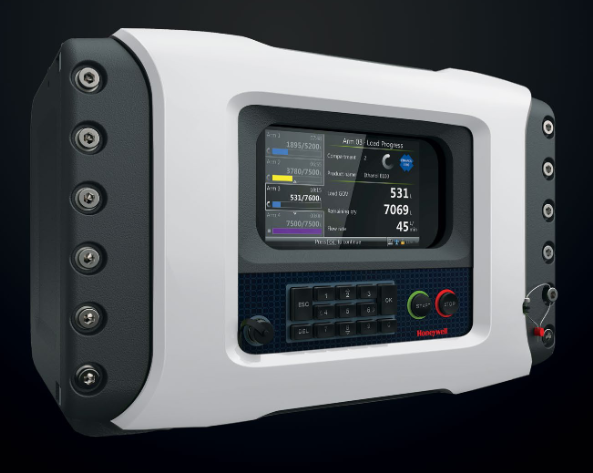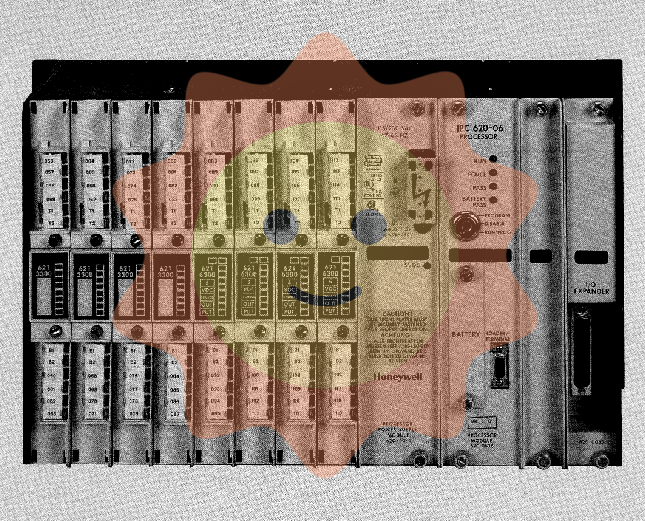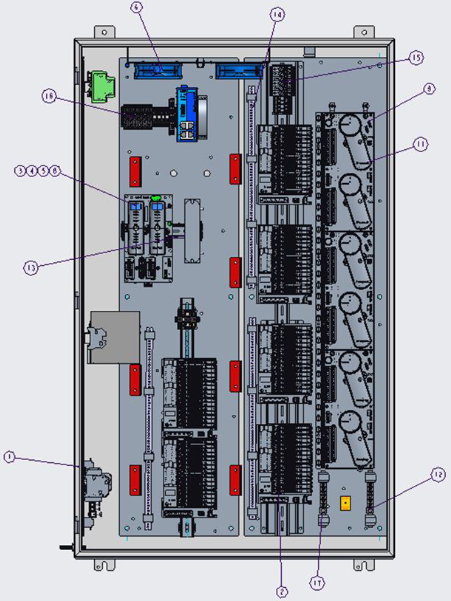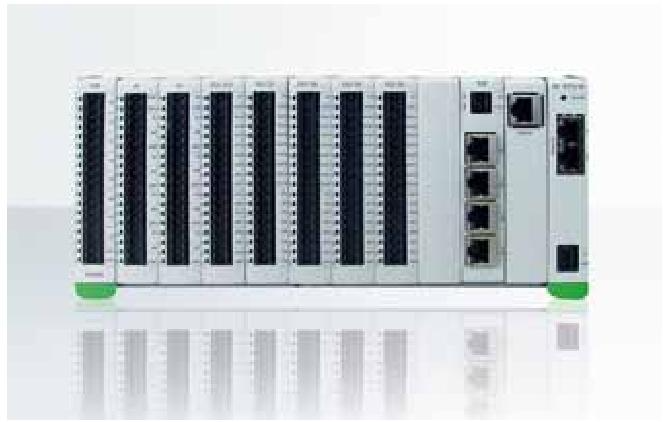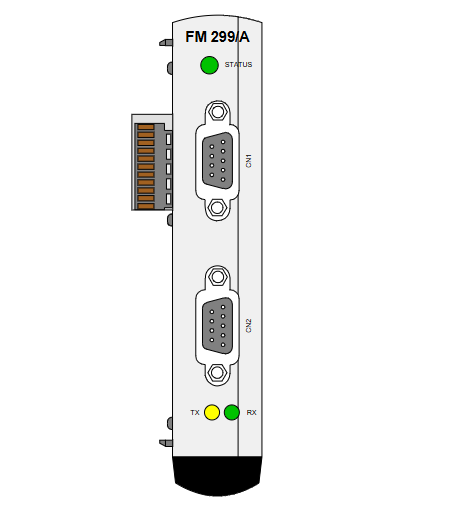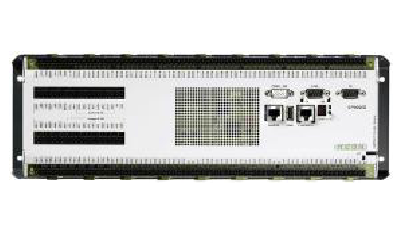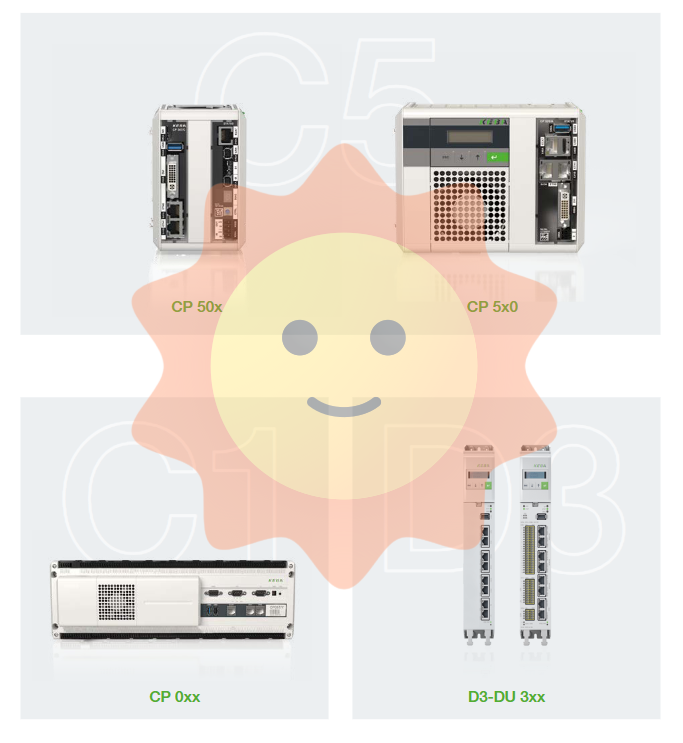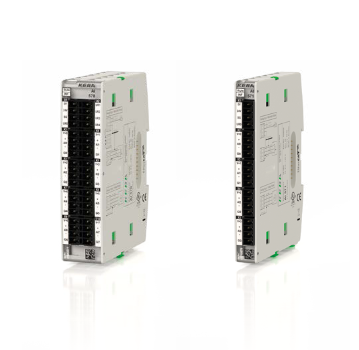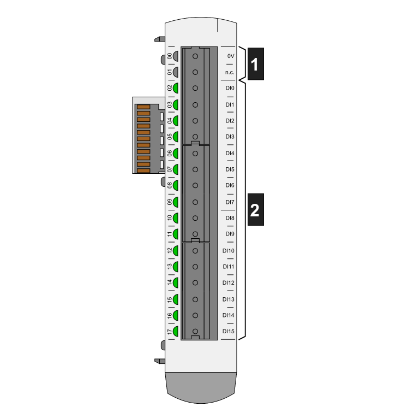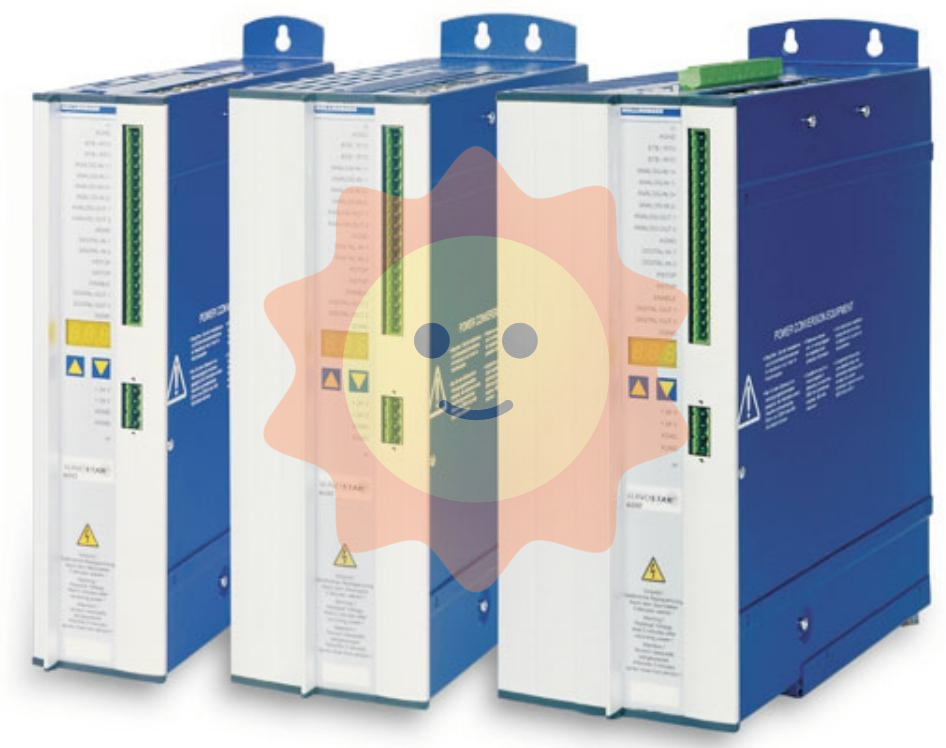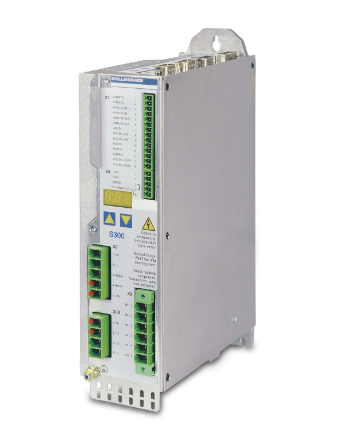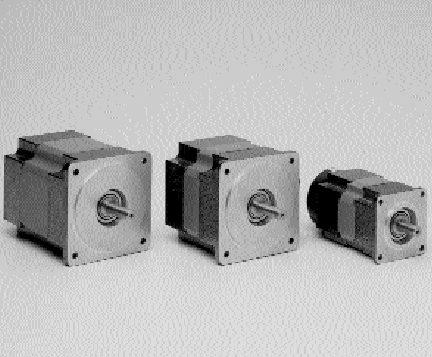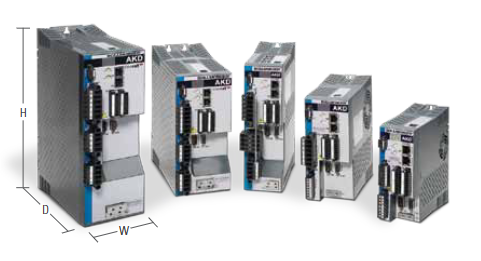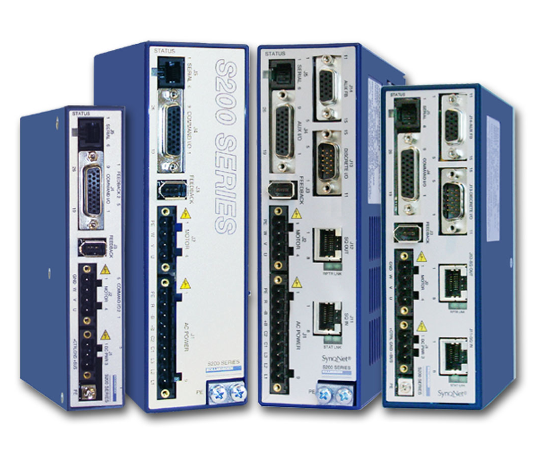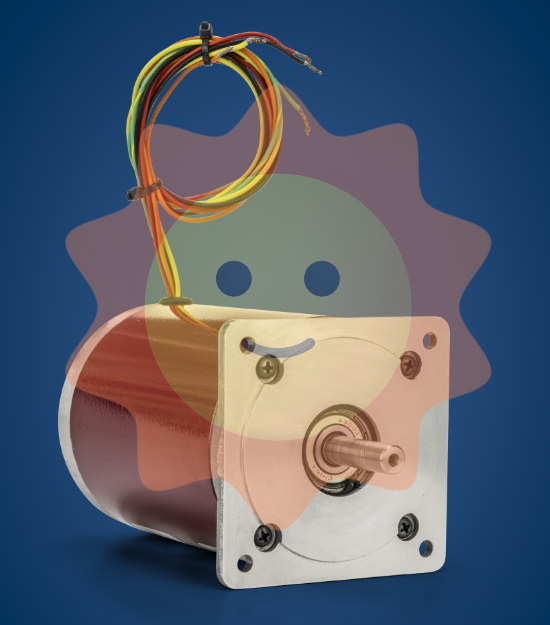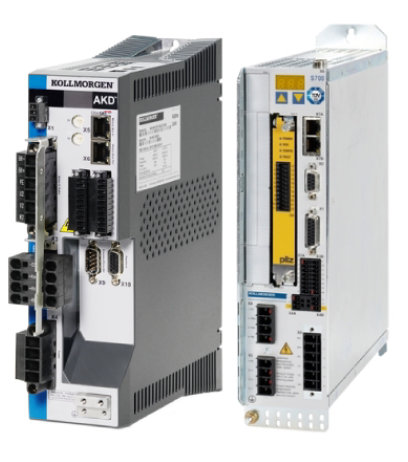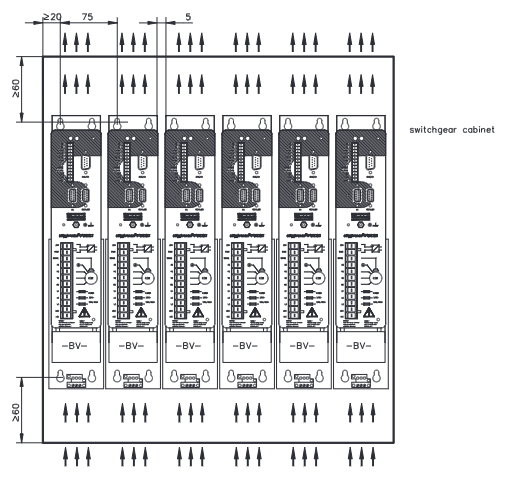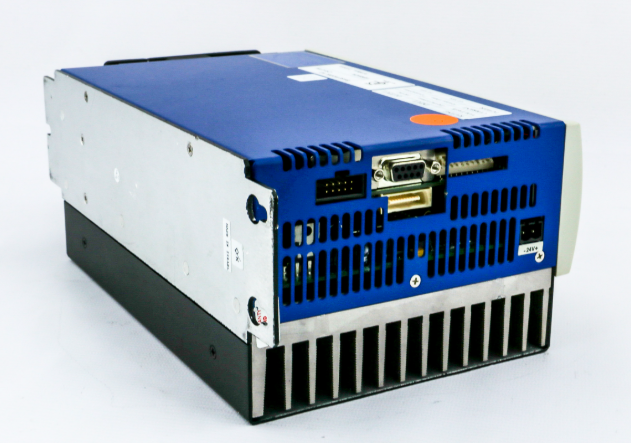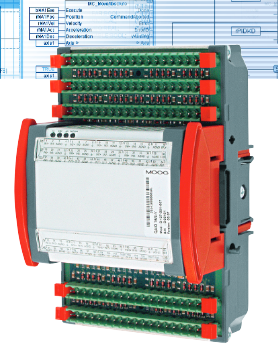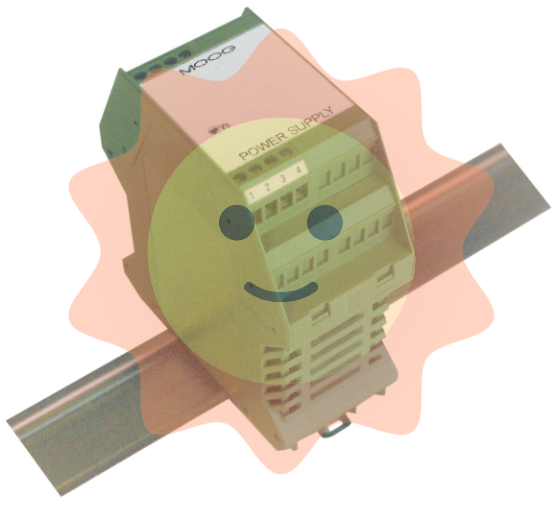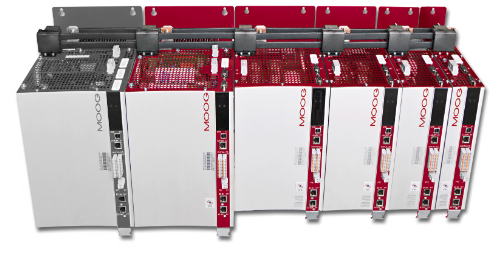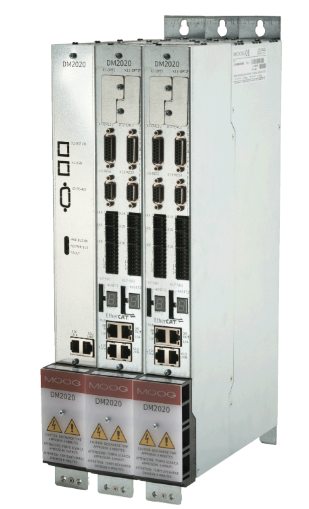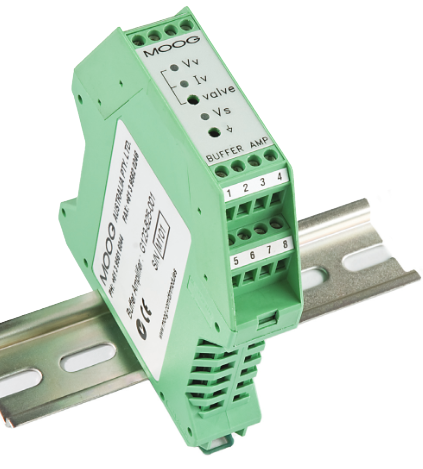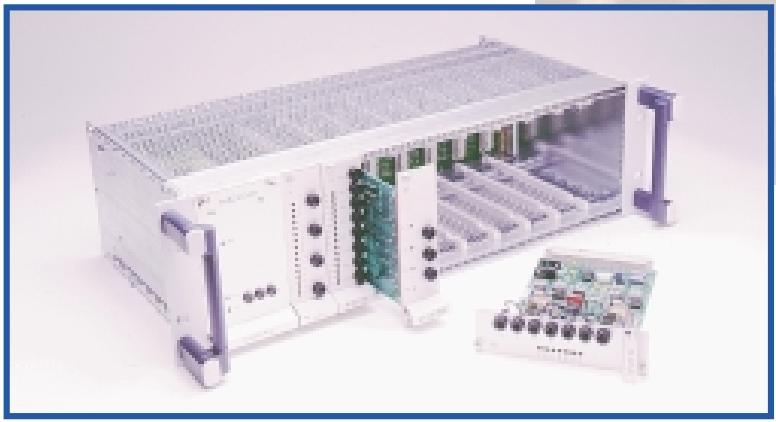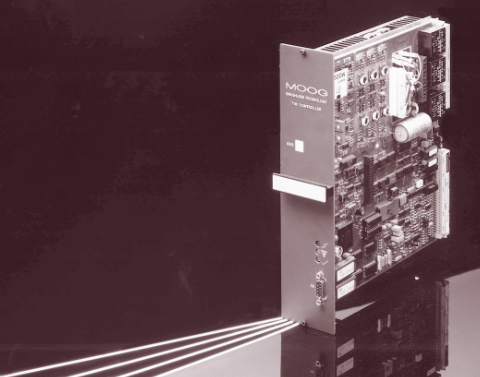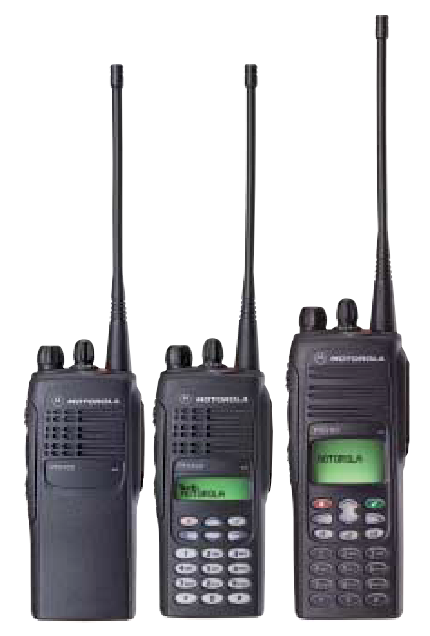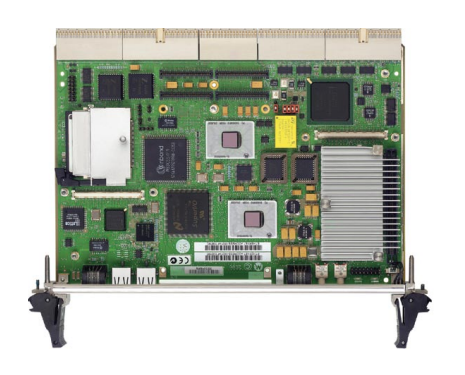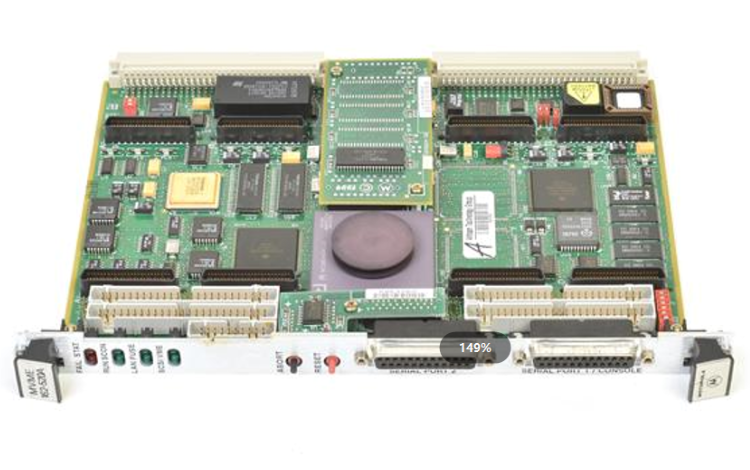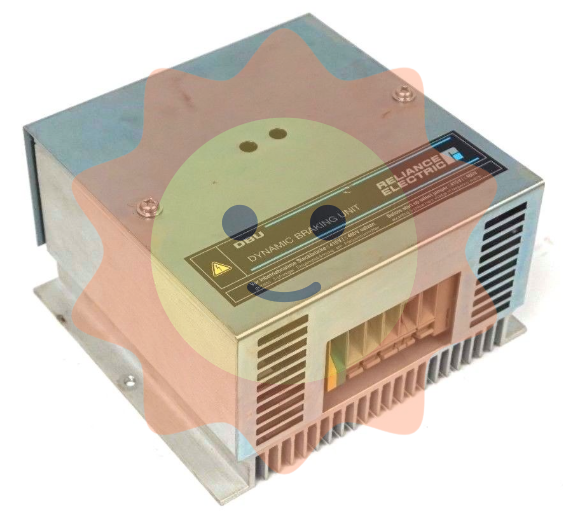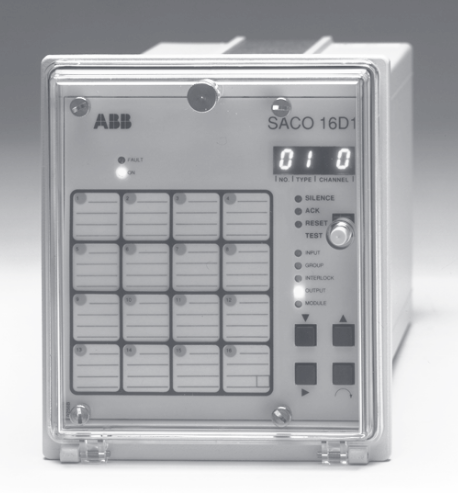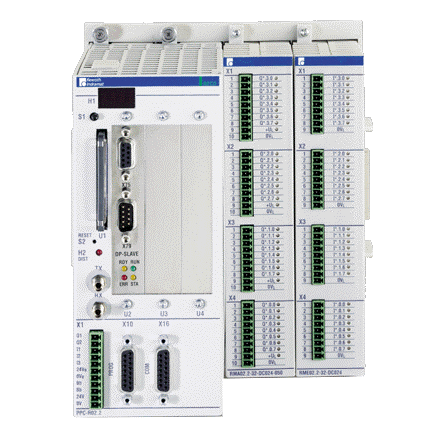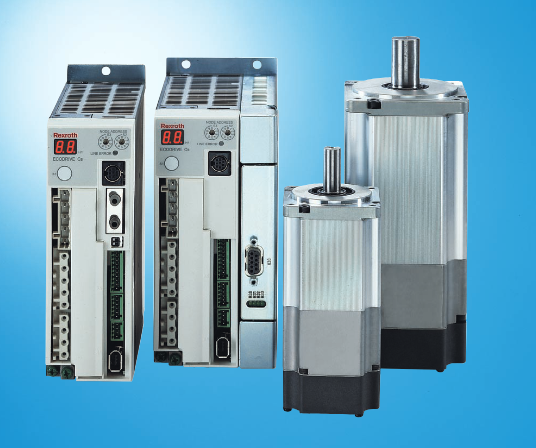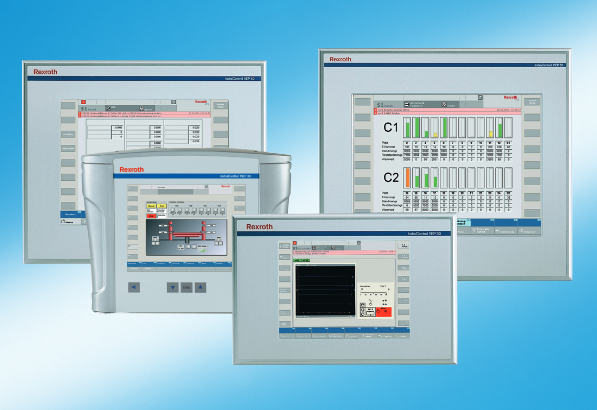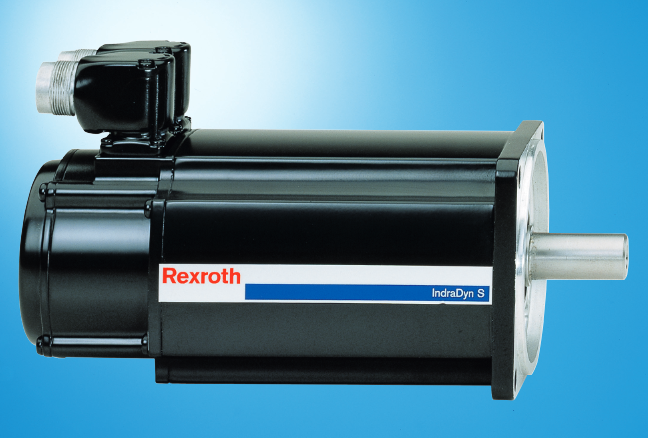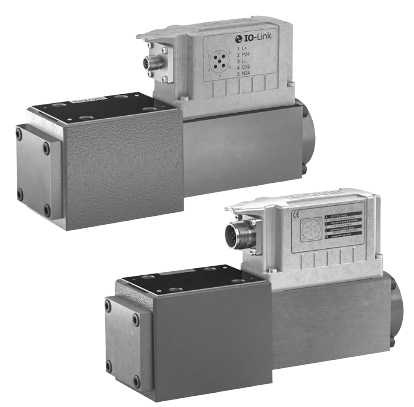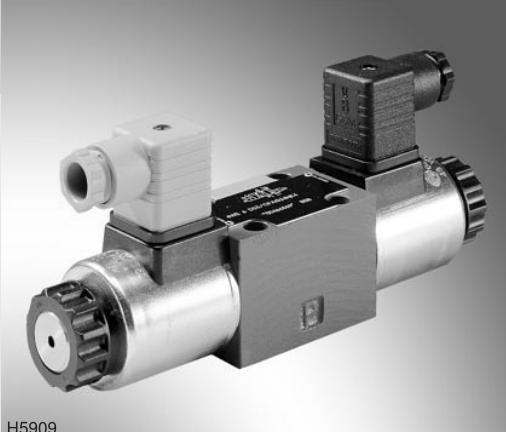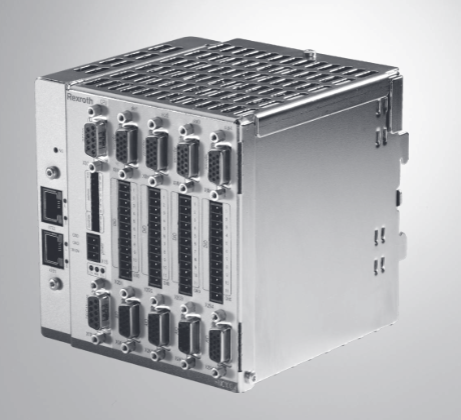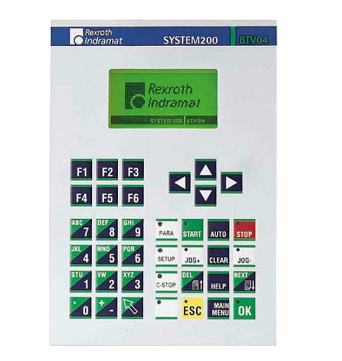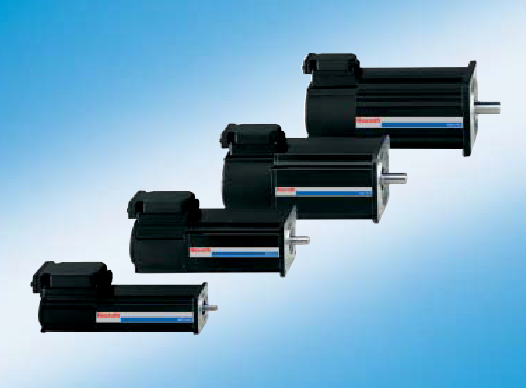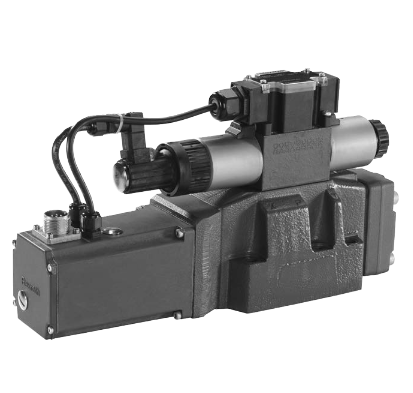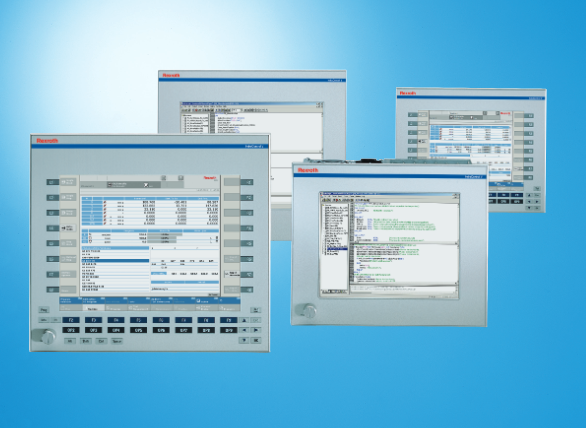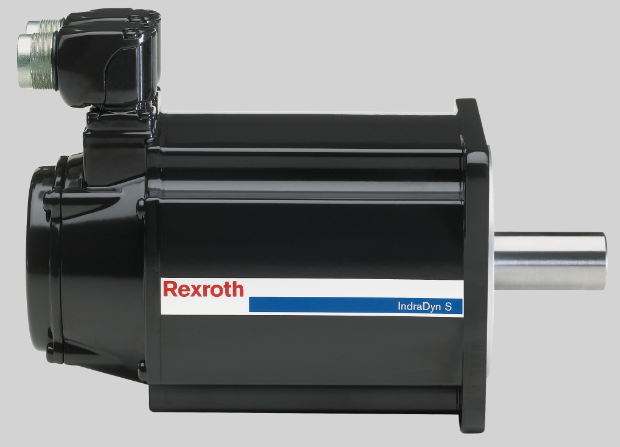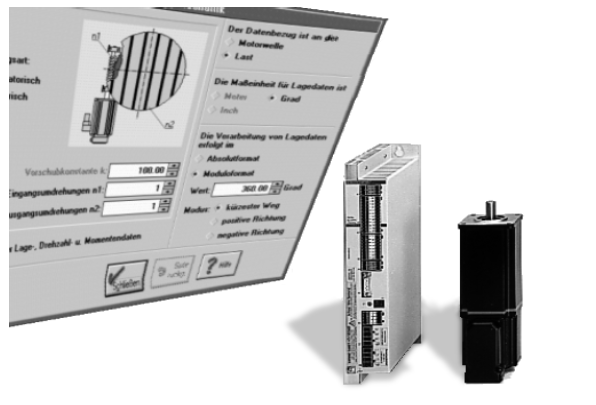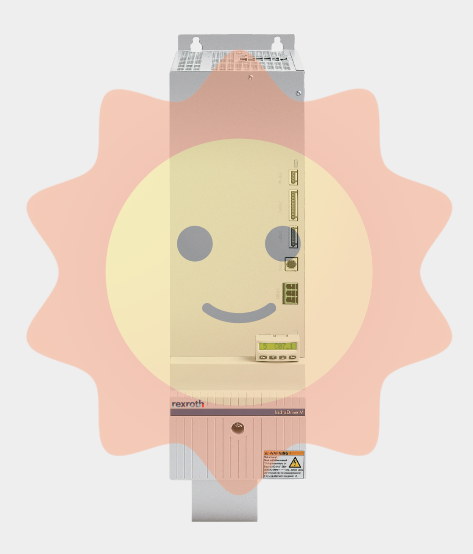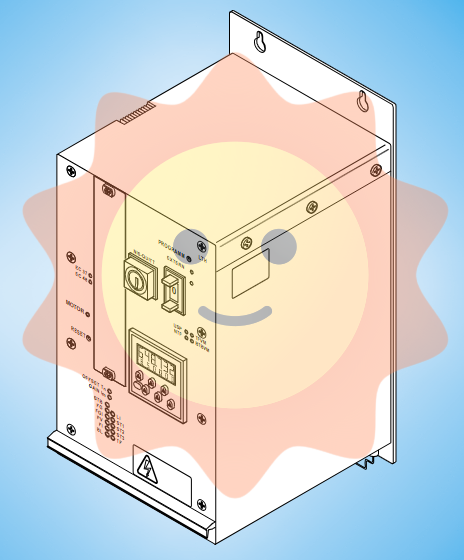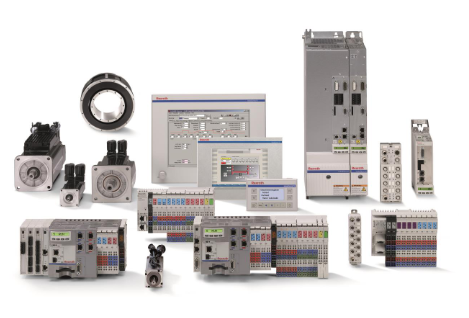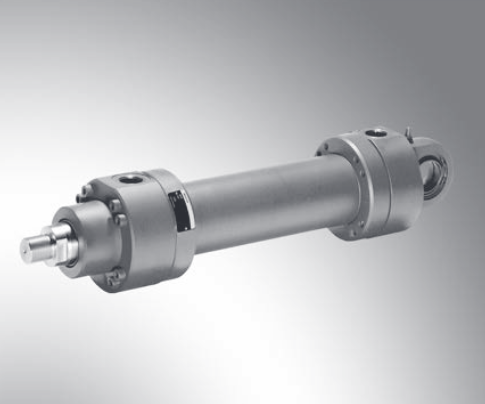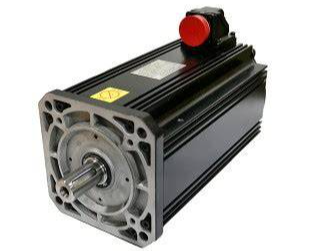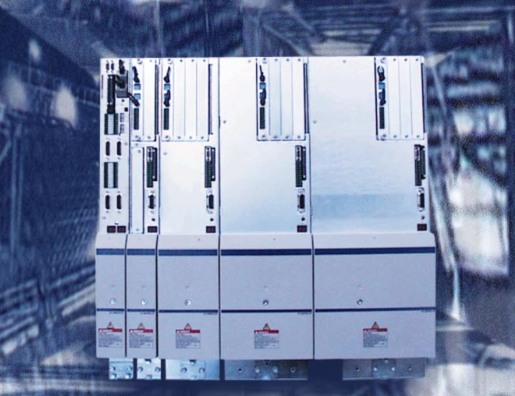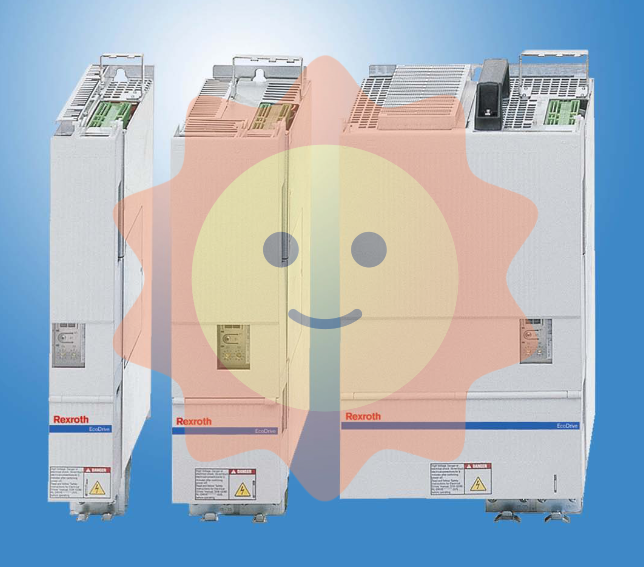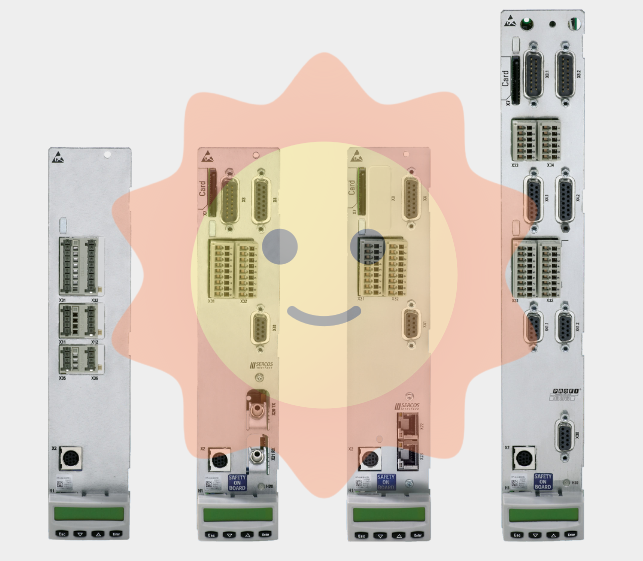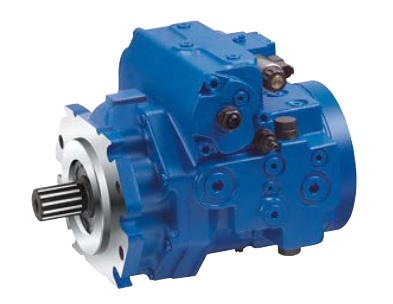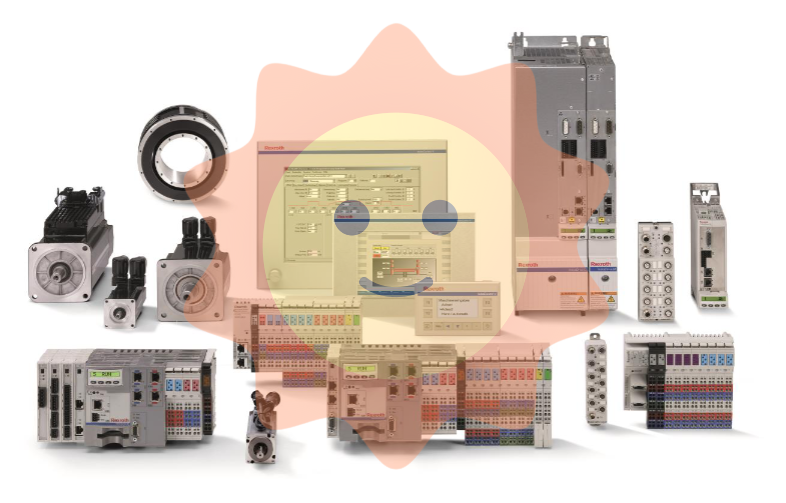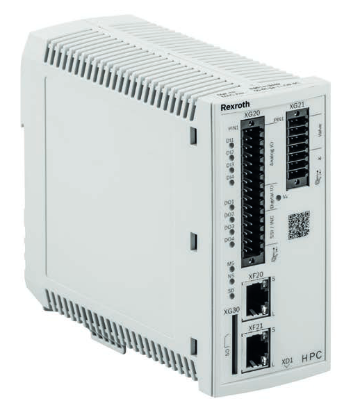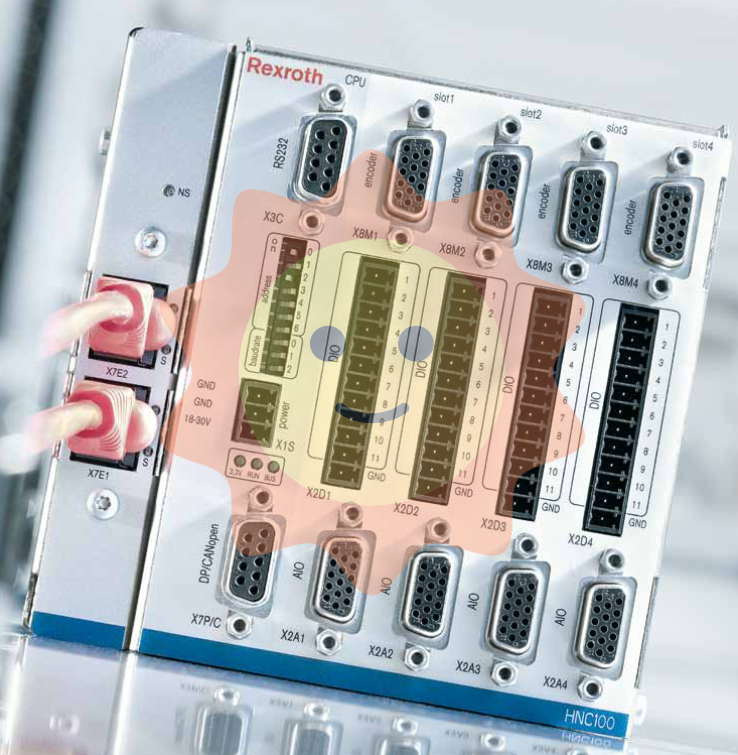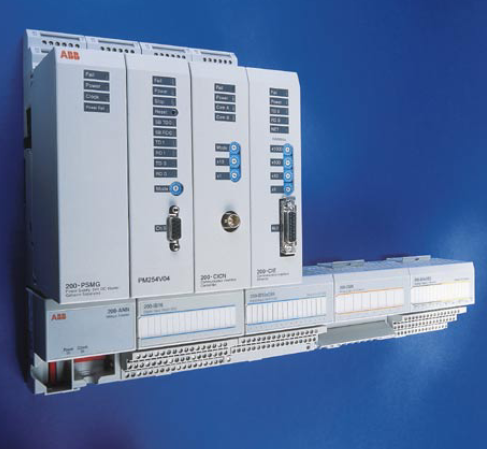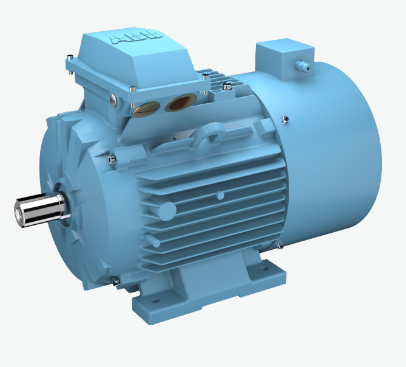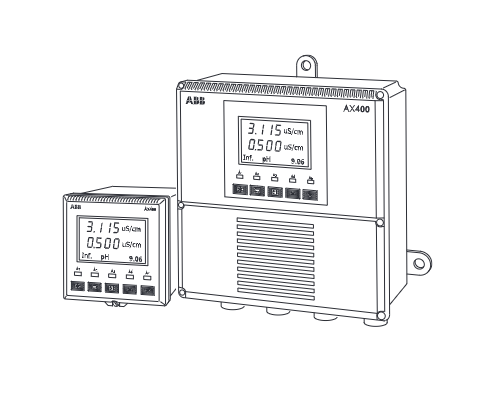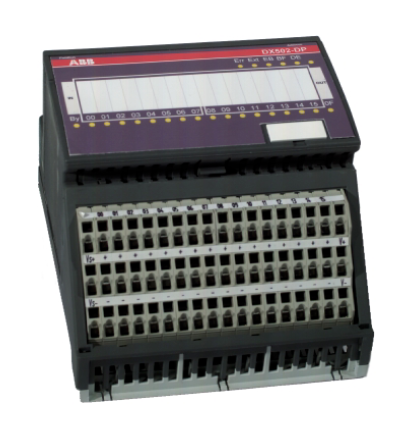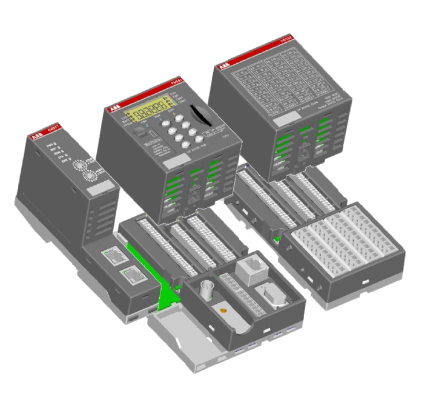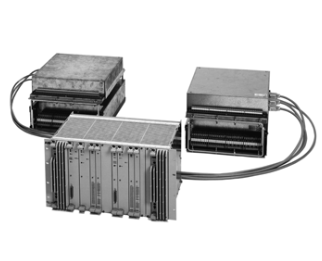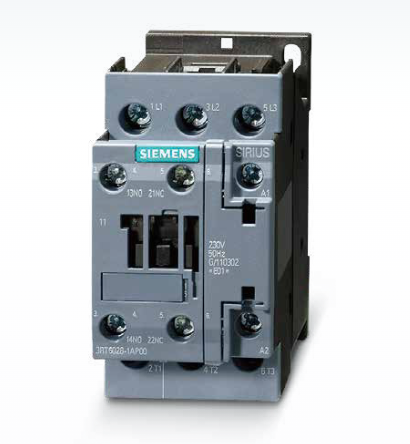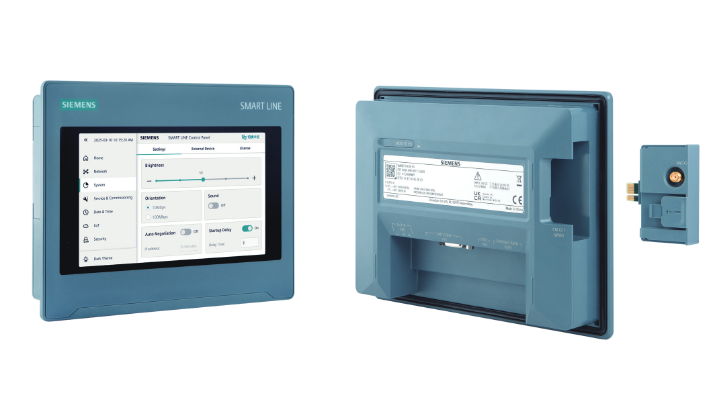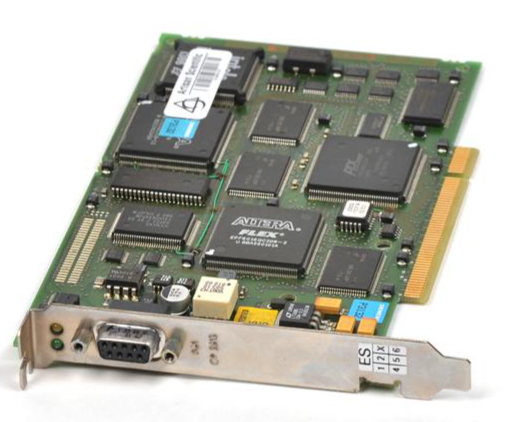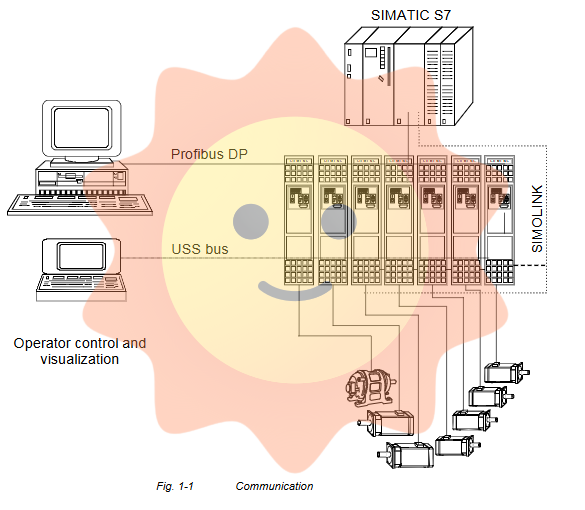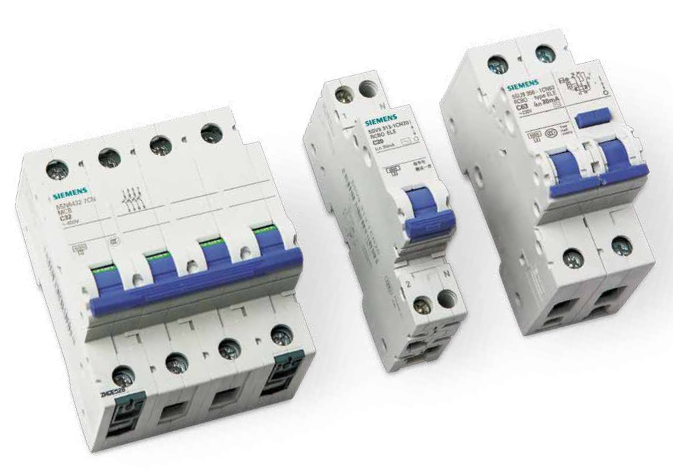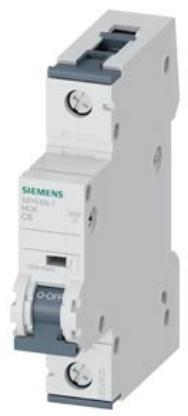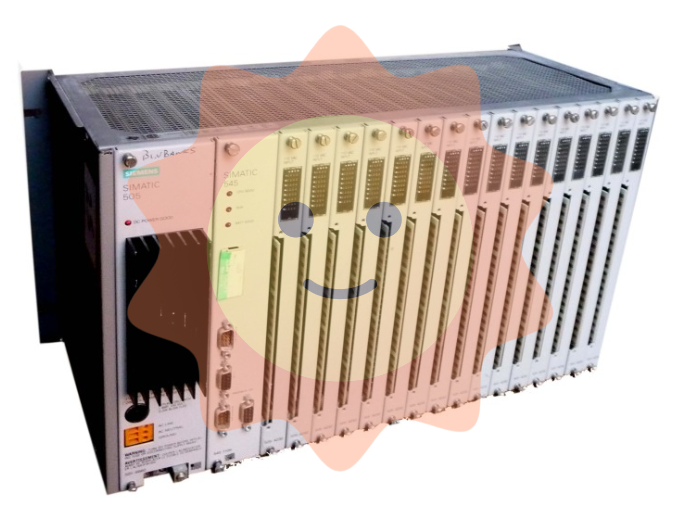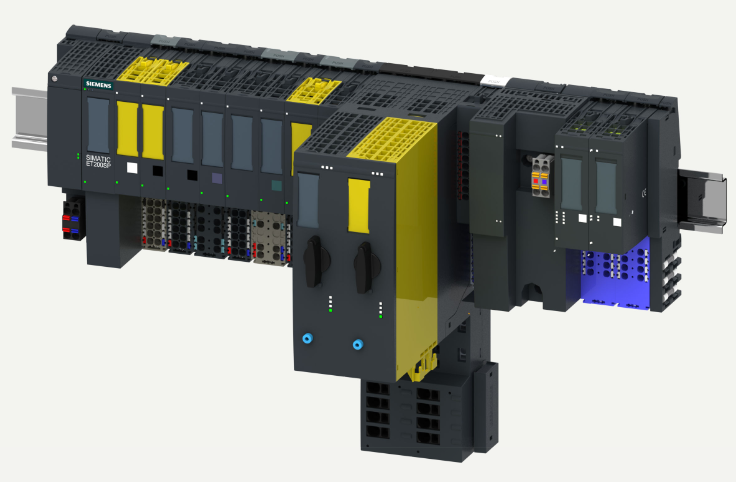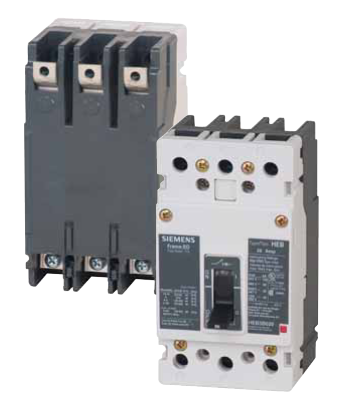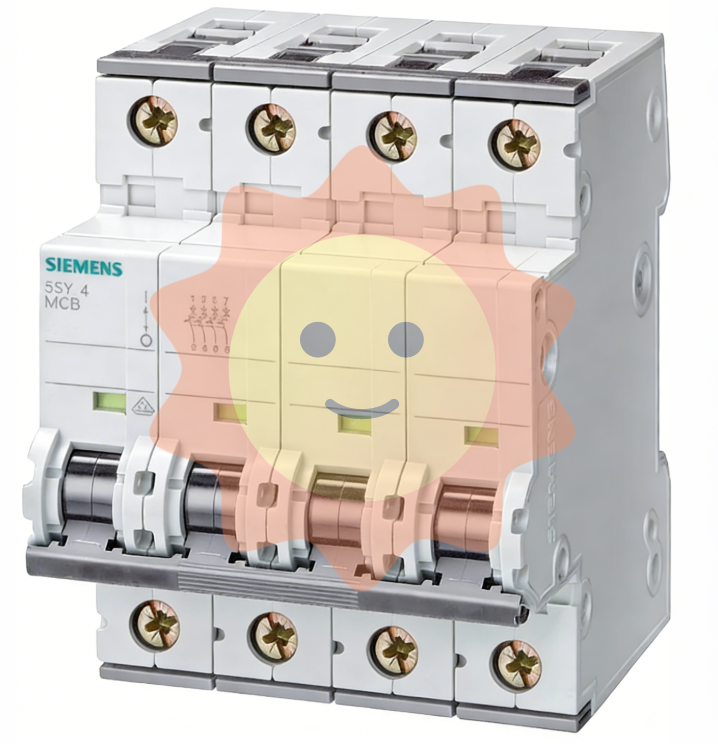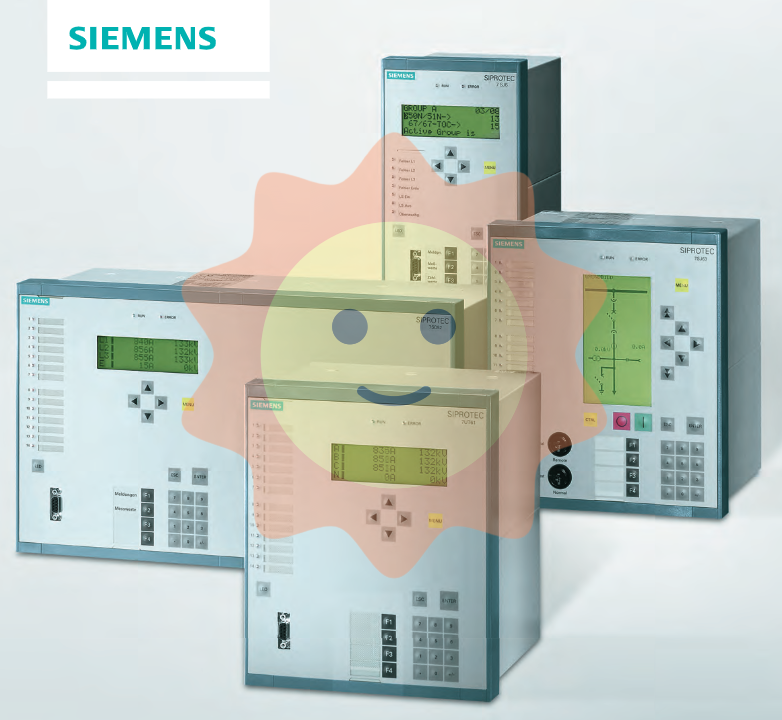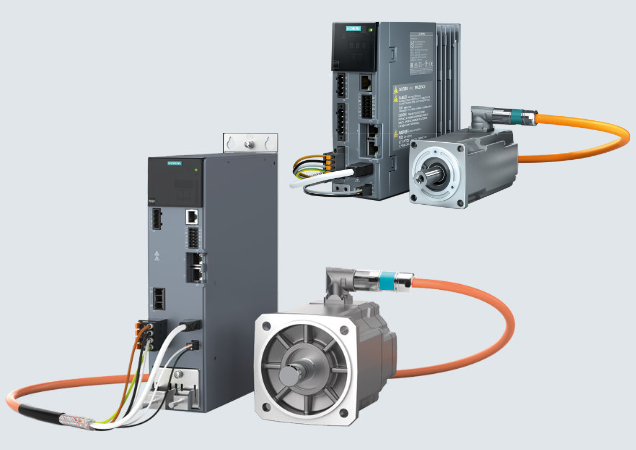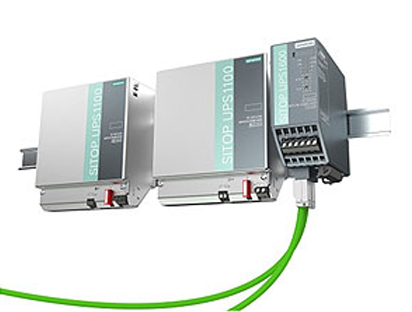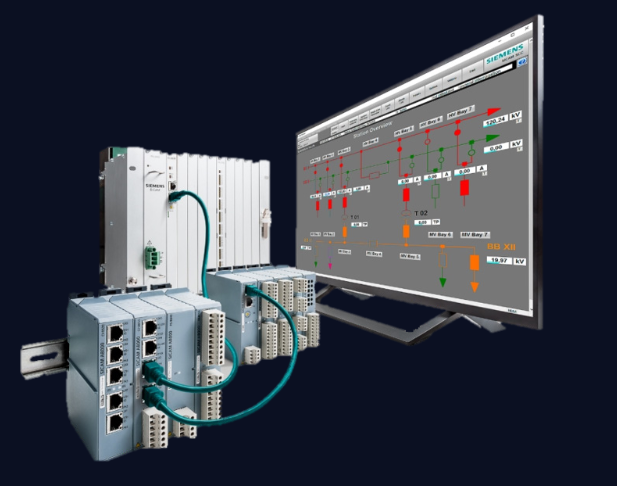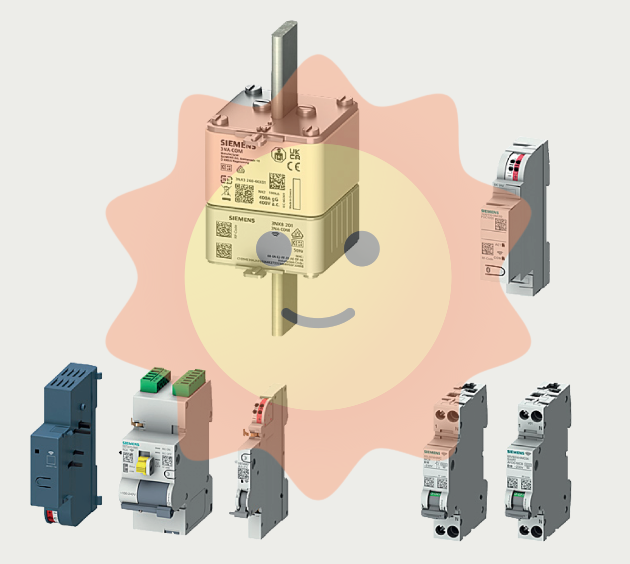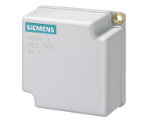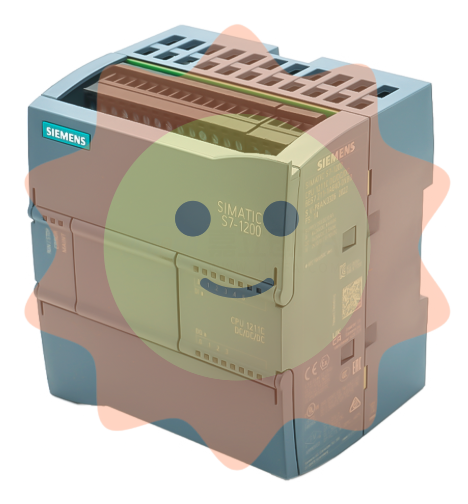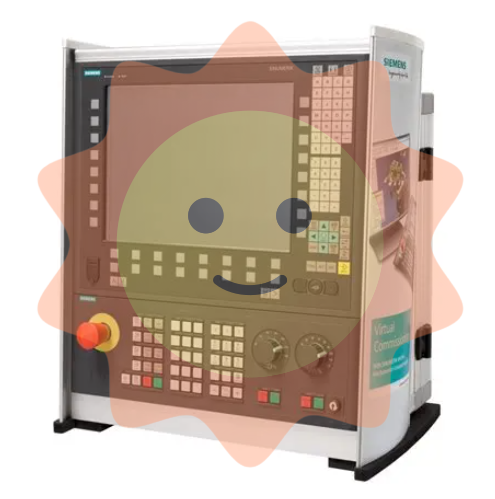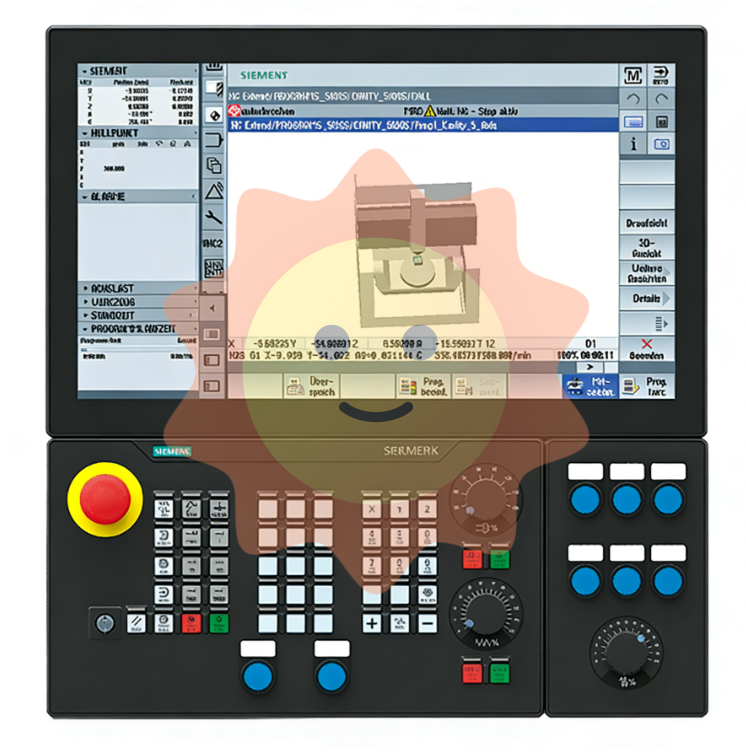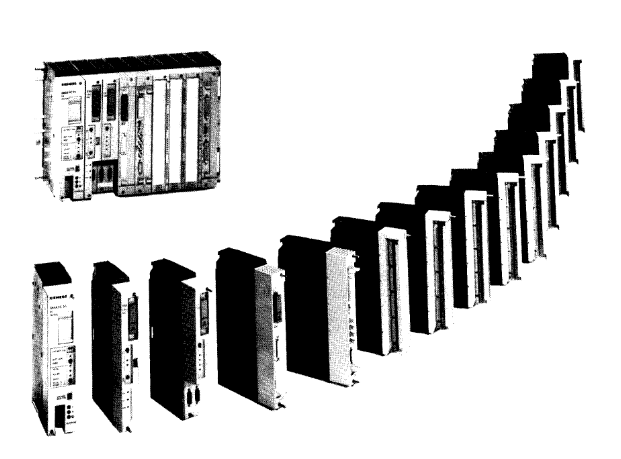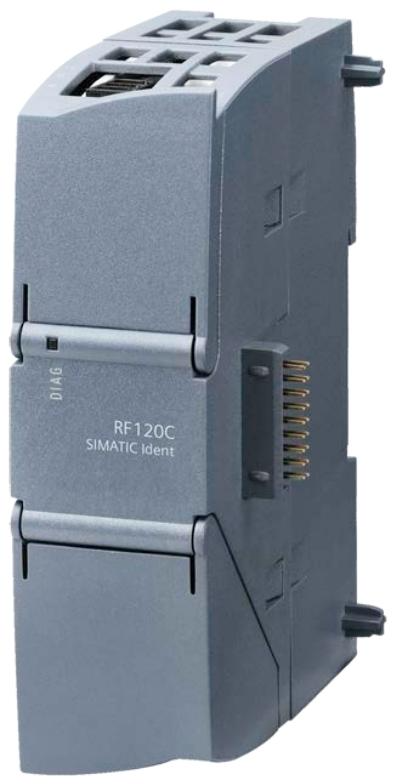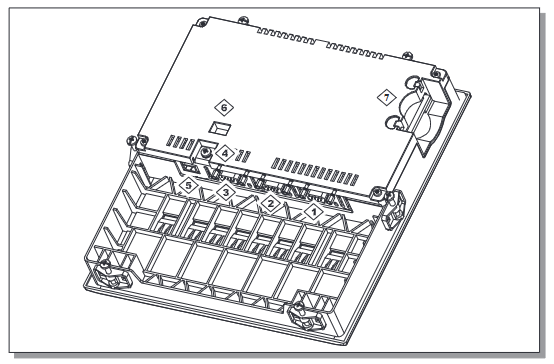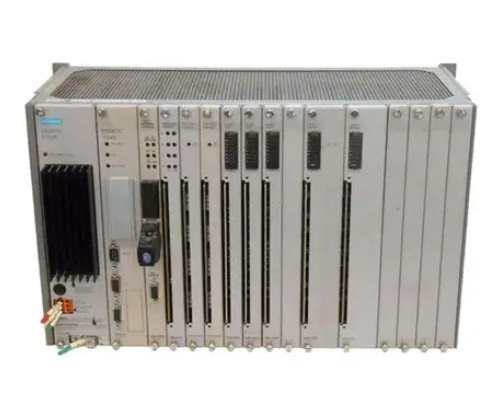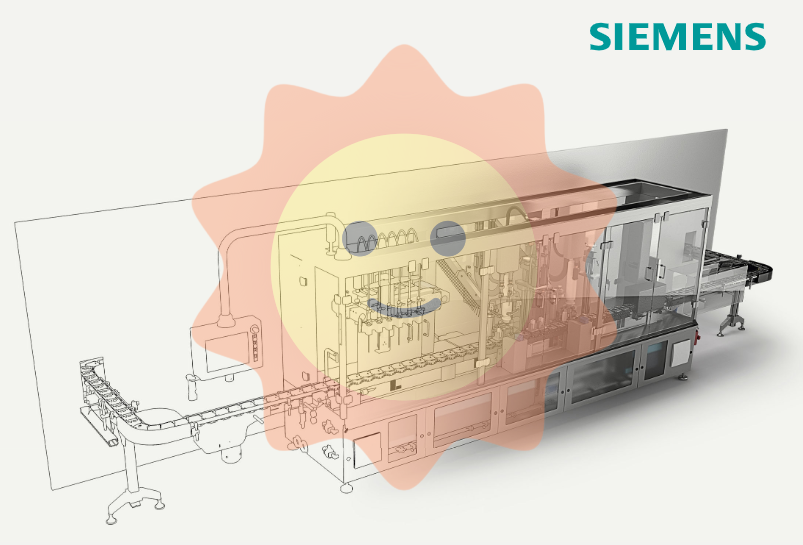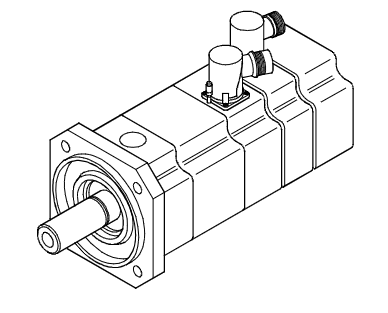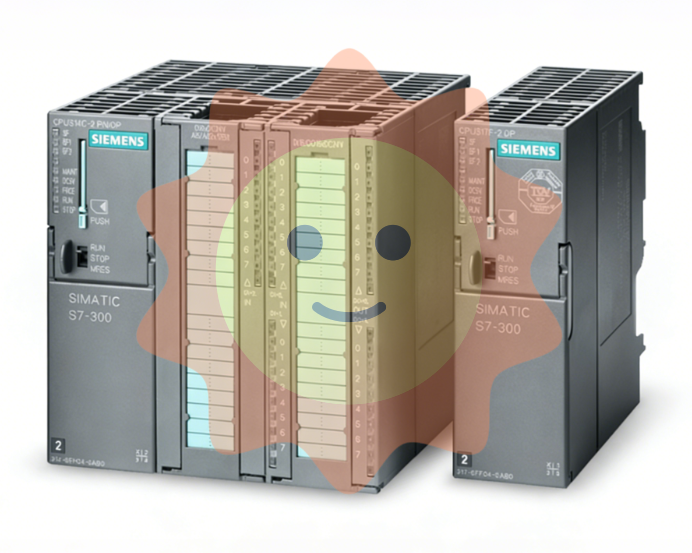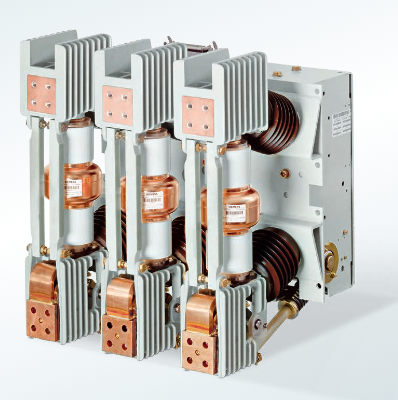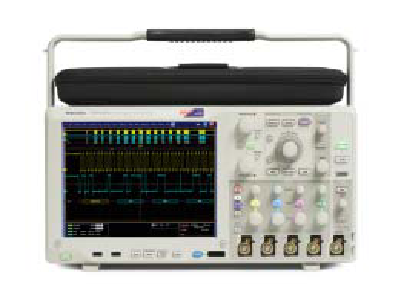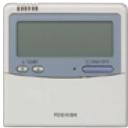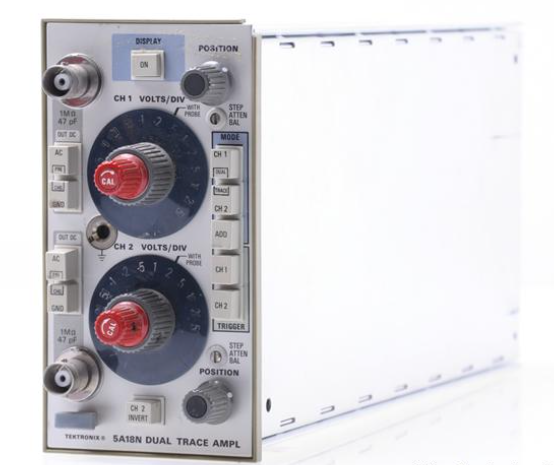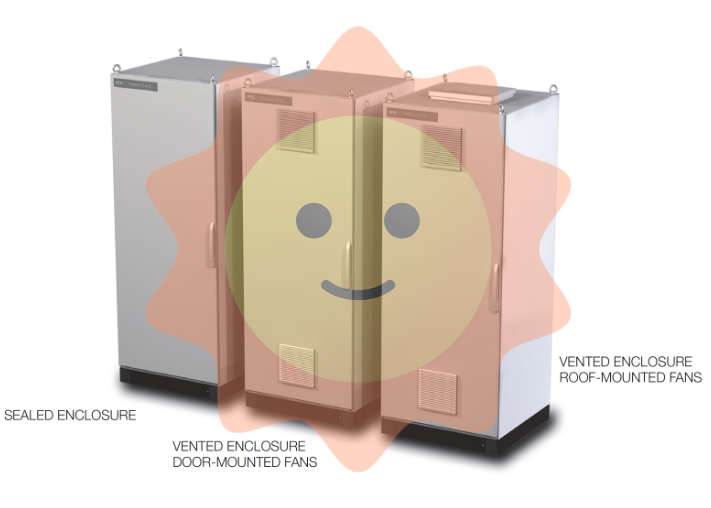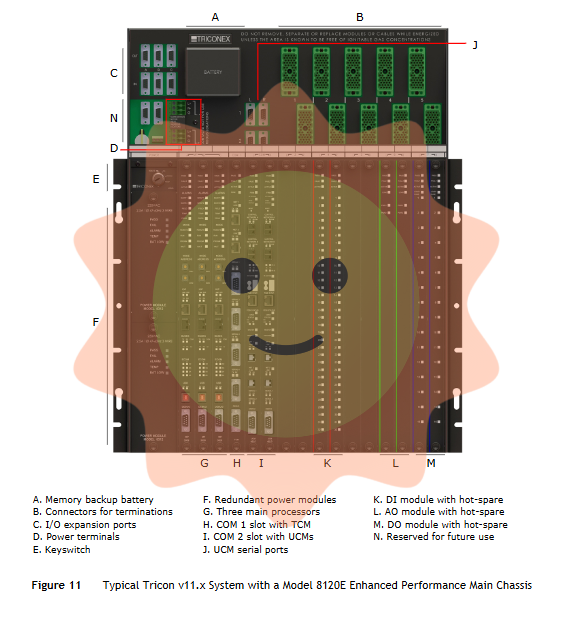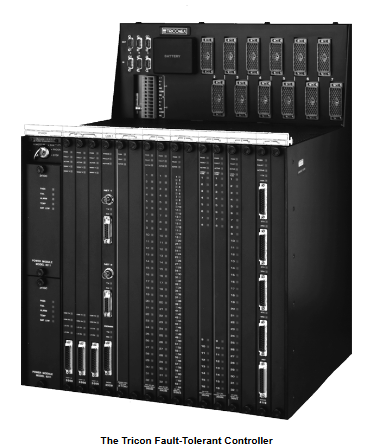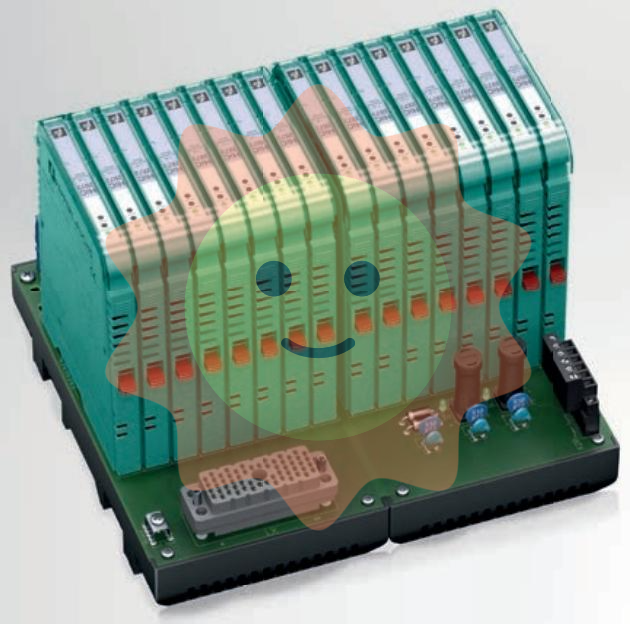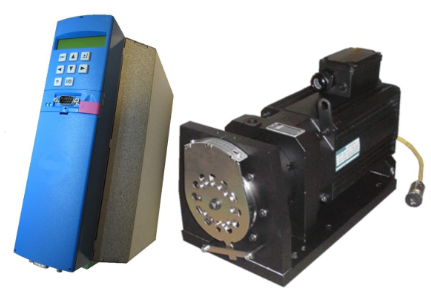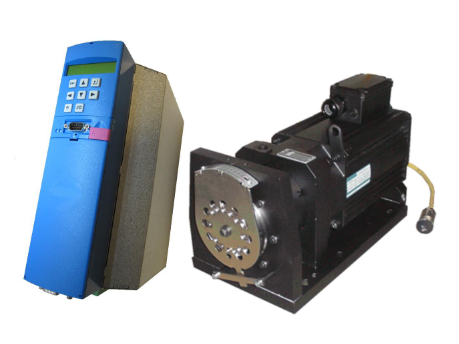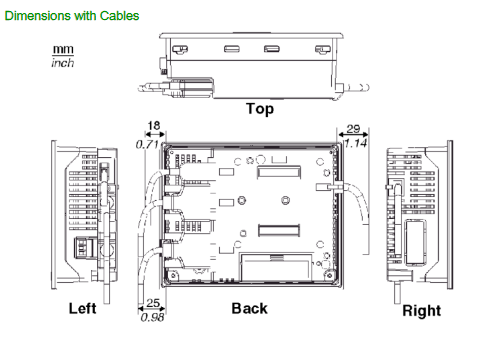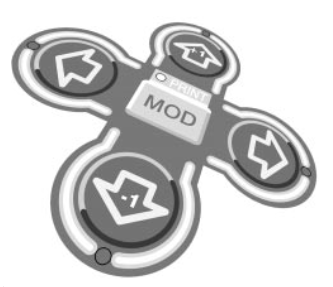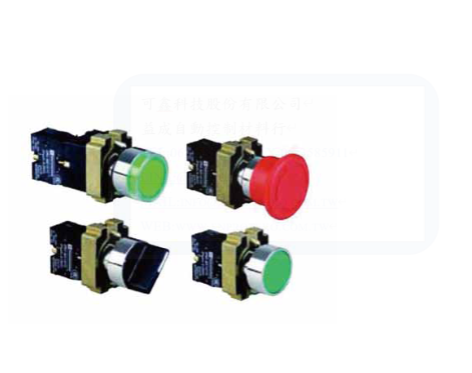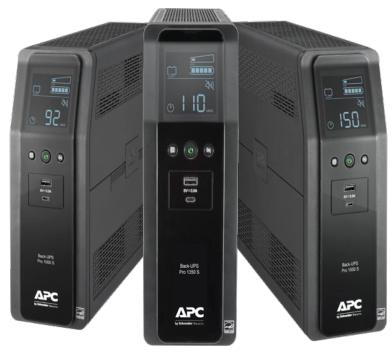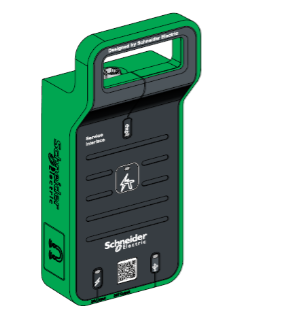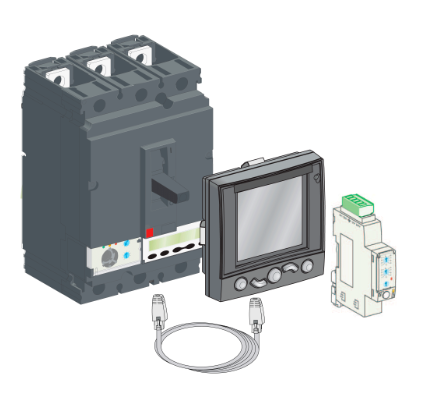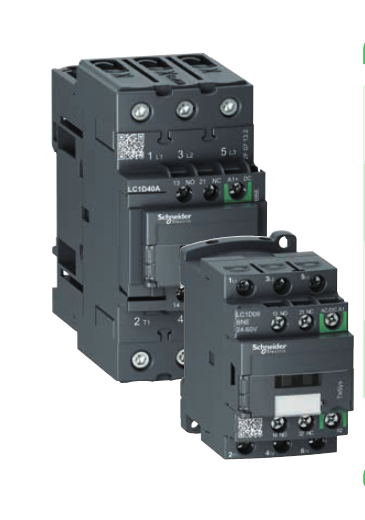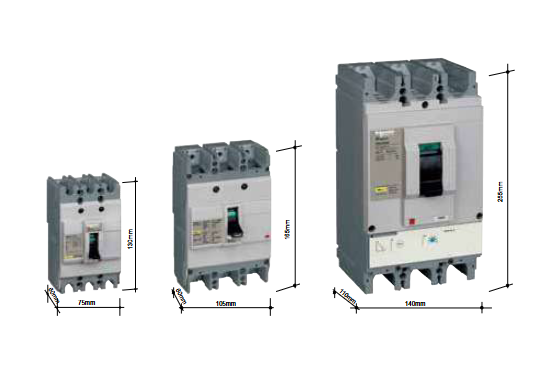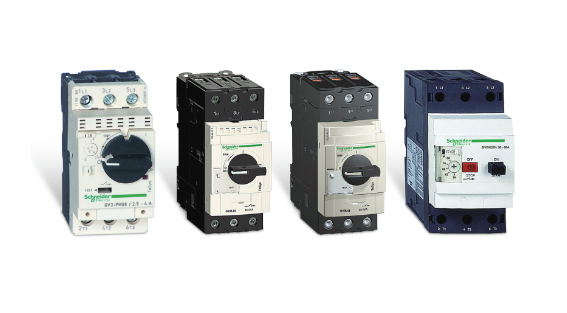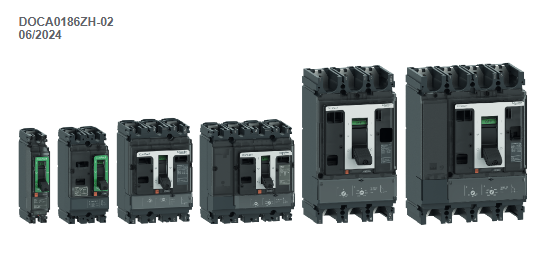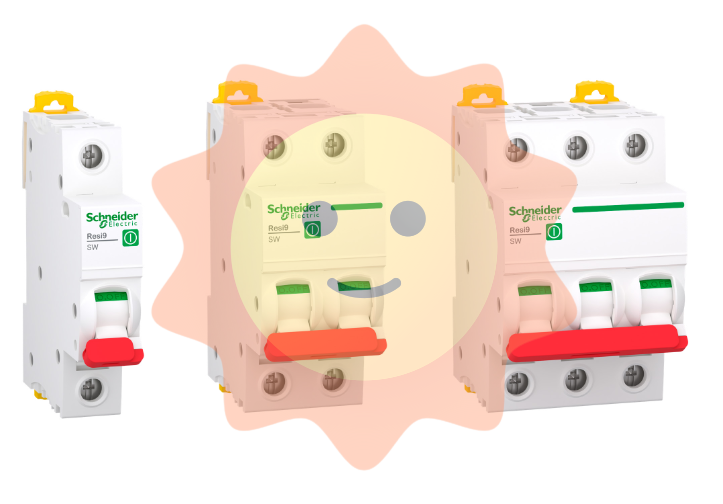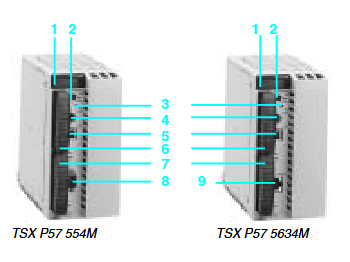ABB 086407-502 Industrial Control Module
ABB 086407-502 Industrial Control Module
Overview
The ABB 086407 - 502 Industrial Control Module is a significant component in industrial control systems. It is designed to provide reliable and efficient control over a range of industrial processes and equipment.
Functionality and Features
Process Control Functions
The module is capable of implementing various control strategies to manage industrial processes. It can handle tasks such as temperature control, pressure regulation, flow control, and level monitoring. For example, in a chemical reactor, it can adjust the heat input based on the temperature sensor readings to maintain the reaction at an optimal temperature. It can also control the flow of reactants and products by regulating valves and pumps, ensuring the process runs smoothly and efficiently.
Signal Processing and Conditioning
The 086407 - 502 module processes and conditions a wide variety of input signals. It can receive digital signals from switches, encoders, and other digital - sensing devices. These digital inputs can provide information about the status of equipment, such as whether a motor is running or a door is open. The module also accepts analog signals from sensors like temperature, pressure, and flow sensors. It then conditions these signals, which may involve amplification, filtering, or converting the analog signals to a digital format suitable for internal processing. For example, an analog temperature signal might be converted into a digital value that the module's control algorithms can use.
Output Signal Generation and Control
On the output side, the module generates signals to control external devices. It provides digital output signals to operate relays, solenoids, and indicator lights. For instance, a digital output can be used to turn on a warning light when a process parameter exceeds a certain limit. The module also offers analog output signals to control variable - speed drives, analog - controlled valves, and other equipment that requires a variable input. The output signals are carefully generated to match the requirements of the controlled devices in terms of voltage, current, and signal type.
Communication and Interfacing
The industrial control module has excellent communication and interfacing capabilities. It can communicate with other components in the industrial control system, such as Programmable Logic Controllers (PLCs), Human - Machine Interfaces (HMIs), and other control modules. It supports various communication protocols, including Modbus, Profibus, and other industry - standard or ABB - specific protocols. This allows for seamless integration into complex industrial automation architectures and enables the exchange of data such as process parameters, control commands, and status updates.
Technical Specifications
Input Signal Specifications
The module has a defined number of input channels for both digital and analog signals. The digital input channels can handle standard digital logic levels, such as TTL (Transistor - Transistor Logic) or CMOS (Complementary Metal - Oxide - Semiconductor) voltages. For example, it might support input voltages in the range of 0 - 5V for digital inputs. The analog input channels have specific voltage and current ranges. Commonly, it can handle analog input signals in the range of 0 - 10V or 4 - 20mA, which are typical ranges for many industrial sensors. Each input channel also has a specified input impedance, which affects the accuracy of signal measurement.
Output Signal Specifications
For digital output signals, the module provides a certain voltage and current - sourcing and - sinking capabilities. The output voltage levels are designed to drive external digital devices such as relays and indicator lights. For example, the output voltage might be in the range of 5 - 24V DC to provide sufficient power to activate these devices. The analog output channels have output ranges and resolutions. The output range could be - 10V to +10V or 0 - 20mA, depending on the application, and the resolution determines the precision of the output signal, which is important for accurately controlling analog - controlled devices.
Communication Specifications
The 086407 - 502 module supports different communication protocols, as mentioned earlier. For each supported protocol, it has specific settings and characteristics. For Ethernet - based communication (e.g., if it supports Modbus/TCP), it adheres to standards such as IEEE 802.3 and may have a data transfer rate of 10/100/1000 Mbps. The module also has details about the communication ports, such as the type of connectors (e.g., RJ - 45 for Ethernet) and the pin - out configuration for other communication interfaces like serial ports.
Applications
Industrial Automation
In factory automation, the ABB 086407 - 502 module is used to control a wide range of machinery and processes. It can manage the operation of conveyor belts, controlling their speed and direction based on the presence of products detected by sensors. It can also oversee the operation of manufacturing equipment such as injection - molding machines, controlling the temperature, pressure, and cycle times to ensure product quality.
Process Industries
In chemical, pharmaceutical, and food - processing industries, the module is essential for process control. It can monitor and adjust the parameters of reactors, tanks, and pipelines. For example, in a pharmaceutical manufacturing process, it can control the temperature and agitation speed in a mixing tank to ensure the proper formulation of drugs.
Power - Generation and - Distribution
In power - generation and - distribution systems, the module can be used to control equipment such as generators, transformers, and switchgear. It can monitor power - generation parameters such as voltage, current, and frequency and send control signals to adjust these parameters or to manage the distribution of power through the grid.

- User name Member Level Quantity Specification Purchase Date
- Satisfaction :
-










